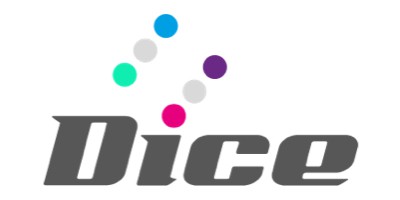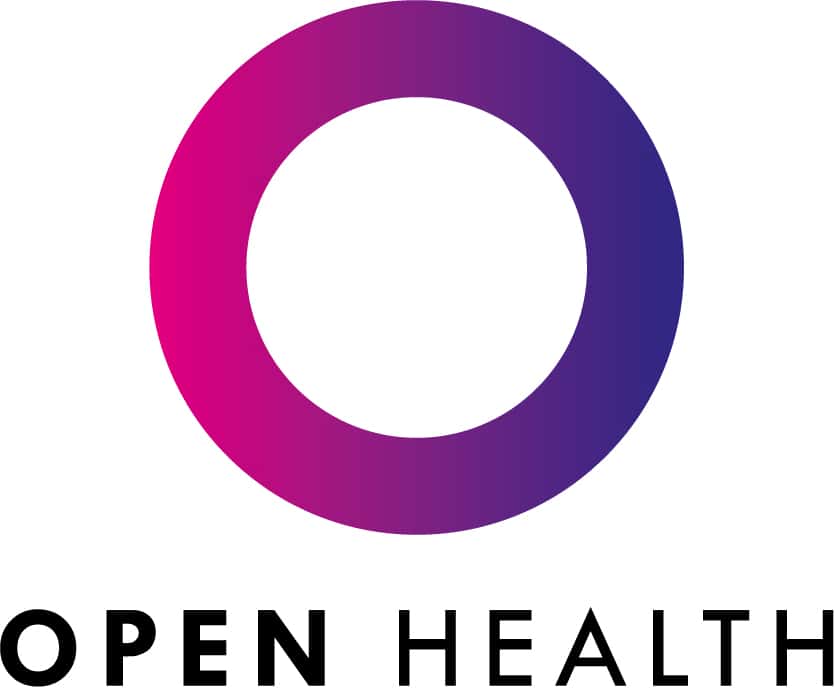Hanover Communications
Healthcare is evolving rapidly. To stand out from the crowd requires a potent combination of rich insight, innovative ideas and flawless execution.
We are an uncommon health communications agency with a deep understanding of today’s complex healthcare environment.
This is a FREE LISTING on PMHUB
Below are full profiles from other companies in related areas
Accession
Accession was a born from a passion and a vision. A passion to harness the power of market access to ensure patients gain access to life changing medicines and devices….
Amiculum
AMICULUM works with the global healthcare industry to bring science to life across the product lifecycle from early opportunity assessment through to launch and beyond. By listening to the changing…
Bedrock Healthcare Communications
Bedrock Healthcare Communications is an award-winning, independent agency founded in 2011. We partner with healthcare professionals, patients, and global pharmaceutical and biotech clients to translate science into engagement.
Cuttsy + Cuttsy
Here at Cuttsy+Cuttsy, we believe in making the world a better place by bringing trusted, accessible information to all and supporting understanding and outcomes across trials, treatments and beyond.
Dice Medical Communications
Dice Medical Communications is an independent communications agency that works with our clients to help launch, build, and continually develop great pharmaceutical brands. We do this by creating Pharmacohesion™.
EatMoreFruit
Welcome to EatMoreFruit – a top 10 independent global healthcare communications agency based in the heart of London. Specialising in PR, digital, influencer & communication services, we deliver creative &…
Four Agency Worldwide
Beautiful things happen when you put the right ingredients together. It’s the reason that we mix behaviour change experts with content creators, PR gurus with advertising geniuses & sector specialists…
Fox&Cat
Fox&cat is an award-winning healthcare communications agency which creates inspirational campaigns and programmes that exceed expectations. Priding itself on delivering outstanding outcomes with meaningful impact, fox&cat is a vehemently purpose-driven…
Genesis Research Group
Genesis Research Group empowers life science companies to innovate differently by fundamentally transforming the way they engage with research partners. Through the integration of robust stakeholder insights (RPR), data-agnostic expertise,…
Genetic Digital
We guide healthcare and life sciences organisations through digital transformation. Simplifying the complex world of tech and marketing, we create impactful assets and strategies to drive long-term growth and positive…
Havas Life London
We are a fully integrated agency that is 100% dedicated to creating standout communications in healthcare. Our success starts by strategically aligning promotion, medical education and PR across the product…
Advertising, Branding, Clinical Research, Conference/meetings/events, Creative and design, Digital communications, Management consultancies, Market access, Market research, Marketing consultancies, Medical communications, Medical education, Patient support and adherence, Public relations, Regulatory affairs
Healthinote (by Cognitant)
Navigating health information can be challenging due to poor health literacy, language barriers, and misinformation. Complex medical terminology further complicates understanding. Founded in 2018, Cognitant addresses these issues by providing…
IGNIFI
We’re IGNIFI. An independent creative agency, we help spark and sustain successful brands for some of the biggest names in healthcare and active lifestyle. We work with global and local…
Impetus Digital
Impetus Digital has offered virtual advisory boards, clinical trial investigator consortiums, co-author publication working groups, steering committees, and medical education to life science companies from around the globe since 2008.
Inizio
Welcome to Inizio. Your market-leading commercialization partner, providing tailored, innovative solutions to help health and life sciences companies with their clinical development and commercialization journeys, maximizing patient access.
M3 (EU)
M3 has over 20 years’ experience in building online doctor communities. M3 is the world’s largest network of verified doctors with over 6 million members across M3-owned networks and an…
MDNT
MDNT is a native Digital and Omnichannel agency focused solely on the healthcare, pharma, and life science industries. We’re highly experienced, no nonesense, and very good at what we do.
Onyx Health
Onyx Health is a healthcare communications and PR agency based in the North East of England, but with a national and international reach. As we understand the healthcare market and…
OPEN Health
OPEN Health brings together deep scientific knowledge, global understanding, and broad specialist expertise to support our clients in improving health outcomes and patient wellbeing.
Origins – The Patient Focused Specialists
Origins creates and delivers patient focused strategy, insights, data and solutions, which guides pharma and biotech companies to improve value by involving patients throughout the entire product life cycle. We…
- 1
- 2
Company Details
Latest Content from PMHub
New Webinar: 2026 Engagement Strategies For Modern Pharma
Press Releases | February 5, 2026 | Impetus Digital
Turn interaction into intelligence! Don’t miss this chance to lead the industry with our free pharma-exclusive webinar!
Why Sleep Health is the Missing Link in Women’s Wellness
Press Releases | February 5, 2026 | Medscape Education
While obstructive sleep apnea (OSA) affects approximately 32% of US adults—nearly 80 million people—it remains an "epidemic hiding in plain sight". Perhaps most staggering is that 90% of women with...
MFN Pricing Is Moving Fast – Here’s What Matters
Press Releases | February 3, 2026 | Genesis Research Group
With GENEROUS, GUARD, and GLOBE all released since December, 185 pages of policy will materially impact U.S. drug pricing — and yes, it's a lot to digest. In a new...
ISPOR’s 2026–2027 HEOR Trends report: The Era of Evidence Judgment
Press Releases | January 27, 2026 | Genesis Research Group
In response to ISPOR’s recently published 2026-2027 HEOR Trends, David Miller, CEO, Genesis Research Group, suggests that we’re no longer being evaluated on our ability to produce data, but on...
First impressions matter: Why getting your onboarding right is key for digital engagement
Press Releases | January 20, 2026 | Graphite Digital
As pharma organisations invest extensively in creating engaging content, the onboarding process must not be overlooked. Seamless onboarding is the key to ensuring that HCPs not only meet regulatory standards,...
How can pharma build genuine partnerships with patient communities?
White Papers and Resources | January 19, 2026 | Amiculum
Patient engagement is not optional in pharma – it’s integral. Meaningful partnerships with patients, caregivers and advocates must shape every stage of healthcare and medicines development, driving better outcomes, equity...
How will AI change field training?
Press Releases | January 15, 2026 | Inizio
Learn how a next-generation approach to field training – powered by GenAI and avatar simulations and enabled through Intelligent Commercialization™ – can transform field force effectiveness by delivering scalable, always-on,...
The Heart and Mouth Connection Every Woman Needs to Know
Press Releases | January 9, 2026 | Medscape Education
For decades, modern medicine has treated the mouth and the body as separate entities. But for Dr. Nieca Goldberg, a renowned cardiologist, and Dr. Maria Ryan, Chief Clinical Officer at...
Inizio Ignite Sparks a New Era of Connected Advisory Solutions
Press Releases | January 7, 2026 | Inizio
Inizio, a leading global commercialization partner for pharma and life sciences, today unveiled Inizio Ignite, a reimagined, fully integrated advisory partner designed to accelerate pharma performance through strategy, insights, and innovation.
MM+M Podcast explores AI-powered audience intelligence with Inizio Evoke
Press Releases | January 7, 2026 | Inizio
The MM+M Podcast features a conversation with Jamie Avallone, Chief Data Officer at Inizio Evoke, and Iris Lin, Product Science Lead at Inizio Evoke, who share their perspectives on what...
























